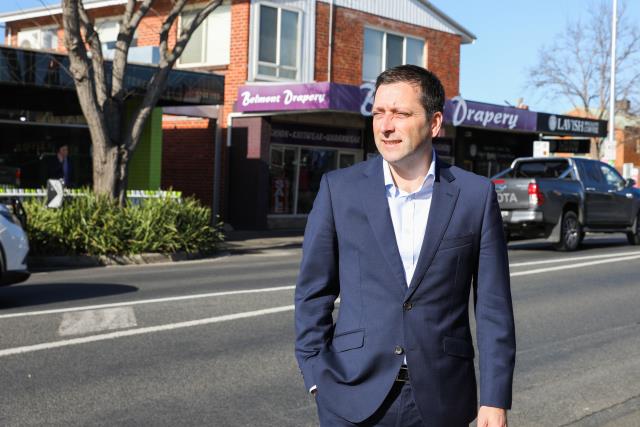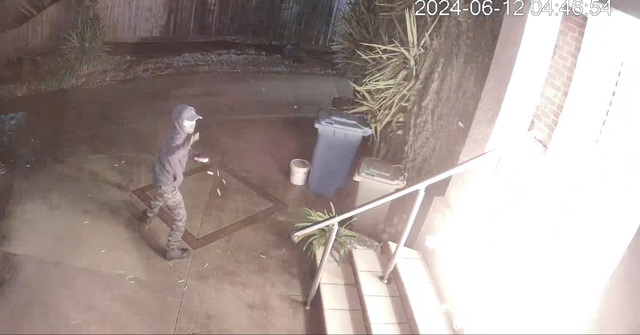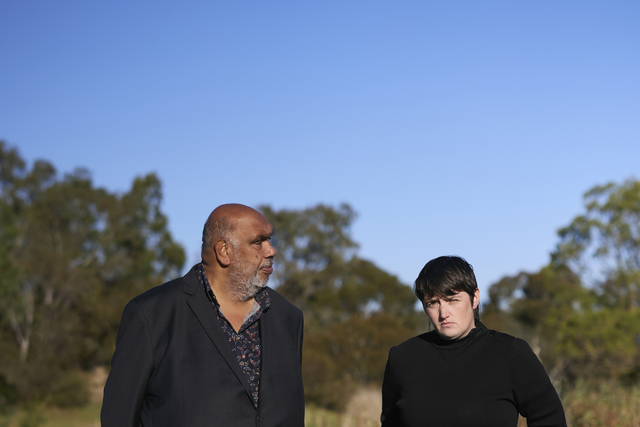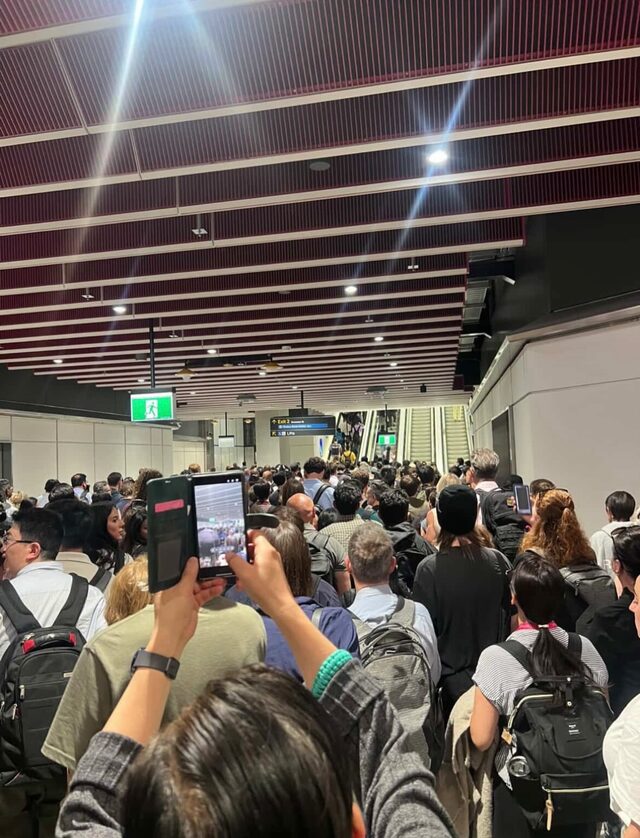The Public Interest Journalism Initiative (PIJI) is calling on the Federal Government to put in place emergency measures to save the country’s news industry at a time that so clearly demonstrates its role in Australia’s emergency infrastructure.
Stretched news organisations, services the government has itself named as essential, are being put under further stress as advertisers in key sectors like tourism, aviation, sport and entertainment slash their spending in the midst of the Covid-19 pandemic. The reduction in advertising budgets has hit all media operations hard, especially already-struggling local and regional publishers.
PIJI wants to work with the Federal Government to take the following steps to support public interest journalism in Australia as a matter of crucial urgency:
* To immediately release current funds in the government’s Regional and Small Publishers Jobs and Innovation Package – thought to be around $40 million, and add an additional $60 million.
* Make local news subscriptions tax deductible as a temporary supportive measure during the pandemic crisis
* Grant temporary relief on license fees to broadcast media and ease content obligations.
* Increase public-service advertising in local news media over the next three months by at least $100 million .
* Earmark further funding to assist a national newswire to provide public interest reporting.
“Measures taken by the Federal Government, such as cash injections for small business are a great start, as is payroll tax relief being offered by State Governments,“ said PIJI chairman Professor Allan Fels.
“It is clear ministers are working as quickly as possible to inject much-needed stimulus into the economy.
“But given the inherent public interest in maintaining a healthy news sector, we are asking the government to urgently look at stimulus measures to keep public interest journalism alive.
“The sector was already struggling under the weight of a broken revenue model – unless we act now, there will be little news infrastructure left to save.“
News readership and subscriptions have spiked in the midst of the economic and health crises, News Corp alone saw a 48 per cent increase in total audience across all metro and regional titles and subscriptions rose by 21 per cent when compared with the same week last year.
But this week alone has seen the closure of several regional newspapers (Sunraysia Daily, Sunraysia Life, Swan Hill Guardian, Gannawarra Times and Loddon Times), while News Corp is flagging more redundancies across its national operation. Buzzfeed will slash staff pay by up to 25 per cent, Southern Cross extended a trading halt on its shares as it assesses the effect the pandemic will have on its business. Last week Seven downgraded the profit guidance for its half-year earnings. The Saturday Paper and The Monthly report they have lost “almost all their advertising revenue“ in the fallout of the crisis.
Last month the sector was put on notice that AAP will close in June. While it has since emerged that AAP is now in talks with potential buyers, if the closure goes ahead it will be yet another devastating blow to news operations across the country, especially regional and local operators.
Star News Group’s managing director Paul Thomas this week indicated the situation was dire for local and regional media companies.
“The Great Southern Star after 130 years of publishing, the Sunraysia Daily in Mildura, Swan Hill Guardian and the Gannawarra Times have all announced closures this week.
“Our company, Star News Group, employs approximately 150 people and has 20 news media mastheads, including Pakenham, Geelong, Healesville, Wyndham, Ocean Grove, Warwick and Noosa. We also have numerous news websites and specialty publications across Victoria and Queensland. But sadly I’ve had to stand down numerous staff this week.
“Our company was started in 1909 by my great-grandfather. We have survived the 1930s depression and both World Wars, yet are now suffering significant financial losses and likely to close within weeks without drastic action.
“Some of our mastheads are more than 150 years old and our communities depend on us as the only local voice that holds government and business to account and acts as a voice to the community.
“The government needs to unlock the $40 million-plus already allocated to our industry now.
“Our industry association Country Press Australia should be given the job of distribution. We can start that process tomorrow.
“Democracy as we know it today will be changed forever, unless something is done now.”
Mr Thomas said that in 2017 the Federal Government had agreed to certain compromises with crossbench senators in order to pass Media Reform changes, which assisted large media companies.
The compromises insisted on by the crossbench included the establishment of a $60.4 million fund to assist small and regional publishers consisting of:
* A Regional and Small Publishers Innovation Fund (funding of $50.1 million).
* A cadetship program to support 200 cadetships ($8.0 million).
* And 60 regional journalism scholarships ($2.4 million over three years).
Mr Thomas said the fund was agreed to ‘assist smaller publishers and foster diversity’. Yet an estimated $40 million remained unallocated and locked away. All funding was meant to have been allocated by June 2020.
“Local independent publishers bind communities, provide a voice and platform for the community,” Mr Thomas said.
“Local publishers provide unique content and are a vital part of our community.
“It seems the Federal Government is now intent on allowing Independent publishers to fail so this country is left with just a handful of corporate giants with no interest in their communities.
“The Federal Government needs to unlock the $40 million now and divert it to a survival fund for regional and community independent publishers.”

















